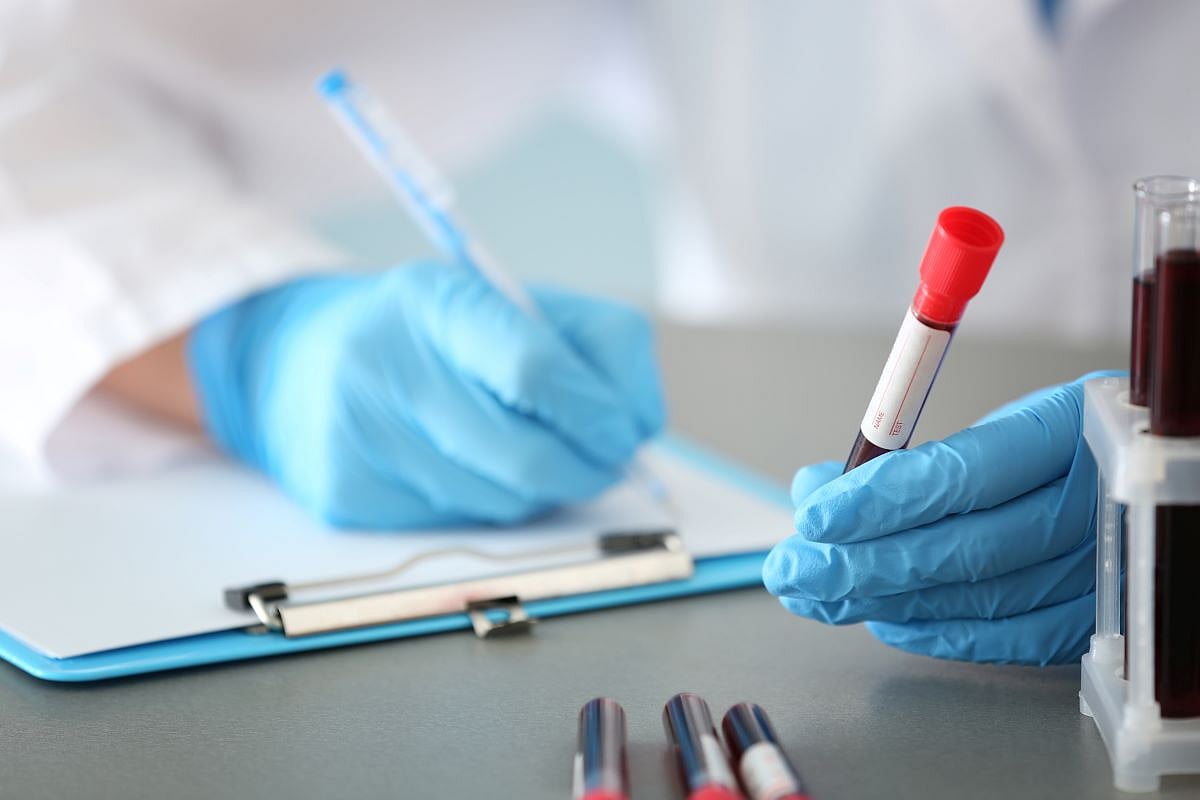Using the RefillRx mobile app? Then you will love our new, ENHANCED Sentry Drug Center mobile app.
Quickly request refills or login and manage your prescriptions on the go!
Available on both iTunes and Google Play.
Call or Visit for All of your Vaccination Needs!
Get Healthy!

- Posted September 16, 2025
Researchers: Too Soon To Tell If 'Liquid Biopsies' Help More Than Harm In Cancer Screening
“Liquid biopsy” tests using blood samples to screen for multiple types of cancer are attracting much attention, for their potential to catch unseen tumors.
But it's too soon to tell whether they're truly useful in the fight against cancer, a new evidence review warns.
These multicancer early detection (MCD) tests are commercially available as lab-developed blood scans, even though none of them has been approved by the U.S. Food and Drug Administration (FDA), researchers said.
It’s no mystery why these tests have drawn much attention. Up to 70% of cancer deaths are caused by malignancies for which there are no screening tests, researchers said.
But no controlled studies into the benefits of MCD tests have been completed, and there’s insufficient evidence to evaluate whether they do more good than harm, researchers reported Sept. 15 in the Annals of Internal Medicine.
“In this systematic review, we identified no completed controlled studies reporting the impact of screening with MCD tests on cancer detection, mortality or quality of life,” wrote the research team led by Dr. Leila Kahwati, acting chief medical officer of the RTI-University of North Carolina Evidence-based Practice Center.
“We found insufficient evidence on the accuracy and harms of MCD tests due primarily to study limitations and unknown or inconsistent findings,” the team added.
These liquid biopsy tests look for DNA, proteins and other biochemicals that are shed into the blood by undetected tumors, researchers said in background notes.
Although not approved, several of the MCD tests — OneTest, Galleri and OncoSeek — can be ordered online from the manufacturer with a doctor’s note, researchers said.
A fourth MCD test called Cancerguard launched last week, announced by Exact Sciences, the maker of the Cologuard DNA stool test for colon cancer.
Insurance usually won’t cover the cost of the tests, which can run about $950, according to an accompanying editorial written by Dr. David Weinberg, chair of medicine at Fox Chase Cancer Center in Philadelphia.
To see whether the tests actually help, the research team analyzed results of 20 studies involving more than 109,000 people examining the accuracy of 19 MCD tests.
Results showed that accuracy varied widely based on the type of cancer an MCD test sought to identify, the participants involved and the study design.
In addition, no tests have published evidence showing how useful they are in detecting real-world cancers, researchers said.
“The most critical limitation is the absence of completed, controlled studies assessing the direct benefits of screening,” researchers wrote.
Specifically, it's not clear whether the benefits from the tests outweigh the potential harms caused by false positive results in healthy people, researchers added.
People who get a false positive result will need to undergo more invasive tests before they're judged cancer-free, all the while enduring fear and anxiety caused by the erroneous test result, researchers said.
“Although a test could be accurate for identifying types of cancer, accuracy evidence alone does not mean MCD tests have a greater benefit than currently recommended screening tests,” the researchers wrote.
More study is needed to confirm the tests’ usefulness before they can be widely recommended, the researchers and Weinberg wrote.
“Despite consistent reductions in disease mortality, cancer remains the second leading cause of death in U.S. adults,” Weinberg wrote in his editorial. “The prevention potential for MCD tests is exciting, but there are insufficient data demonstrating true clinical benefit and how to weigh the balance of that benefit to potential harms.”
He added: “Despite market pressures to move faster, we need such data to make the best decisions. Until we have them, it is hard to justify testing outside of a research setting.”
More information
The American Cancer Society has more on multicancer detection tests.
SOURCE: Annals of Internal Medicine, Sept. 15, 2025
